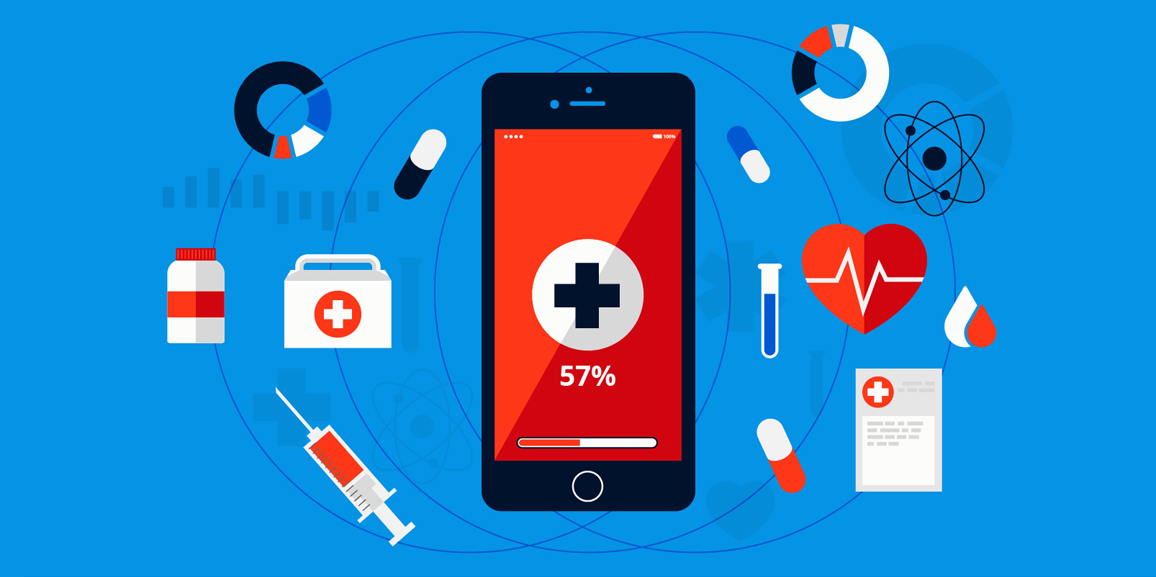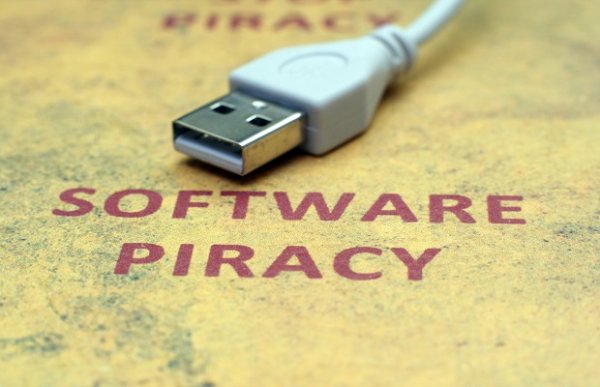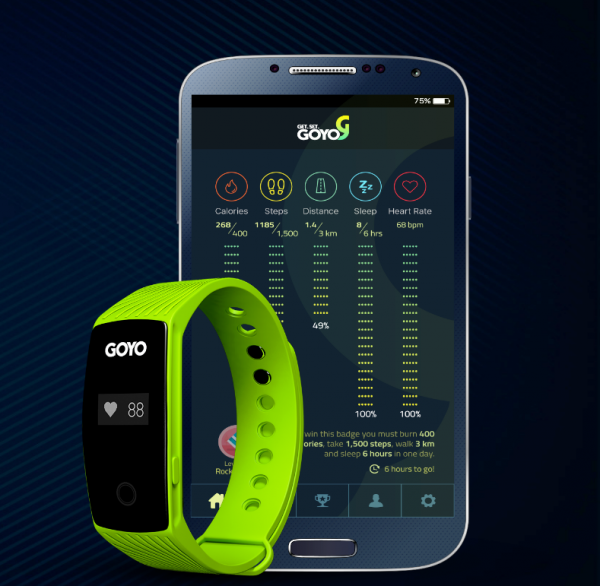
Owing to a growing population, Sri Lanka’s health services are starting to become stretched for resources. Technology can contribute to alleviating the burden on the existing system. Sri Lanka’s increasing IT literacy—and our ability to ensure this upward trend continues—will no doubt play a part in how fast our digital ecosystem can grow and how far it can take us.
So where does Sri Lanka in this respect, and where are we headed?
The Challenges Faced In Sri Lanka
Electronic medical records eliminate the need for patients and hospitals to store seemingly endless files, by allowing doctors and other medical staff to share medical information electronically. This can greatly reduce waiting and consultation times, as reception/clerical staff can simply look up a patient’s records on an electronic database, instead of having to go through a storeroom filled with thousands of files.
Positive Outcomes Of Digital Healthcare

Sri Lanka has already had digital health systems implemented at certain hospitals. Image courtesy digitalistmag.com
A project conducted in 2006 by the Swiss Red Cross set about digitising the information system at the Chenkalady Rural Hospital, followed by the larger Batticaloa Teaching Hospital. Despite some initial problems, the project successfully introduced an electronic medical record system to both these hospitals. Doctors could access the system right from their rooms, and the efficiency of the patient care process witnessed a marked improvement. This was one of the earliest adopted eHealth systems recorded in Sri Lanka.
A study conducted in 2015 analysed the scope of healthcare information systems in government hospitals. Despite Sri Lanka ranking better in its health indices compared to other South Asian countries, healthcare information systems do not generate as much conversation locally as they do abroad.
While still in its infancy, positive outcomes from the adoption of these systems were noted in the study, with healthcare workers mostly in agreement on the benefits they provide, such as reducing patient waiting time and improving the quality of care provided by hospital staff.
Private hospitals are a lesser-known entity. As there is no centrally-run government system, private entities may use their own custom-built health information systems.
Building Digital Healthcare In Sri Lanka

The Sri Lankan Government has set out a plan to ensure that our healthcare system is fully digitised. Image courtesy businesskorea.co.kr
With governments worldwide providing eHealth access to its citizens, health tech is primed to be one of the biggest industries in the coming years. The Sri Lankan government published their guidelines to eHealth in 2016.
The six main points the Government aims to cover are:
- eHealth Architecture – A holistic view of the Government’s plan, eHealth architecture is to comply with the National ICT Architecture and Infrastructure.
- ICT Governance – The management of the eHealth ICT systems in areas of procurement, deployment, development and maintenance, related to both hardware and software.
- Network and Connectivity – The planning and handling of network infrastructure at healthcare institutions to ensure high uptime.
- Communications Interface – Analysing digital presence such as websites and other digital content, to assure that standards are met in areas such as domain structure, and standardising email communication both with external and internal stakeholders.
- Security, Confidentiality, and Privacy – Setting up and enforcing ethical standards that must be practiced by all involved in the healthcare industry, to assure that privacy breaches are at a minimum or at best non-existent.
- Data Communication Standards – Setting standards both semantic and syntactic to ensure data exchange in relation to eHealth solutions is as seamless as possible.
The use of HL7, ICD, and DICOM, which are international standard bearers in clinical records, will also pave the way for a more connected healthcare ecosystem. This can potentially enable patients to access their medical records online.
Conclusion
The migration to electronic medical records and the adoption of new med-tech will soon become crucial to the progress of the health sector in every country in the world. Sri Lanka’s decision to move towards creating an electronic ecosystem that will benefit both health professionals and patients is vital to fulfill the needs of a growing population. The efficiency of electronic healthcare systems, once adopted, can provide some of the biggest benefits to its citizens, as healthcare is, after all, one of the fundamental needs of any nation.
This article is brought to you by Cambio Software Engineering
Featured image courtesy openratio.com








